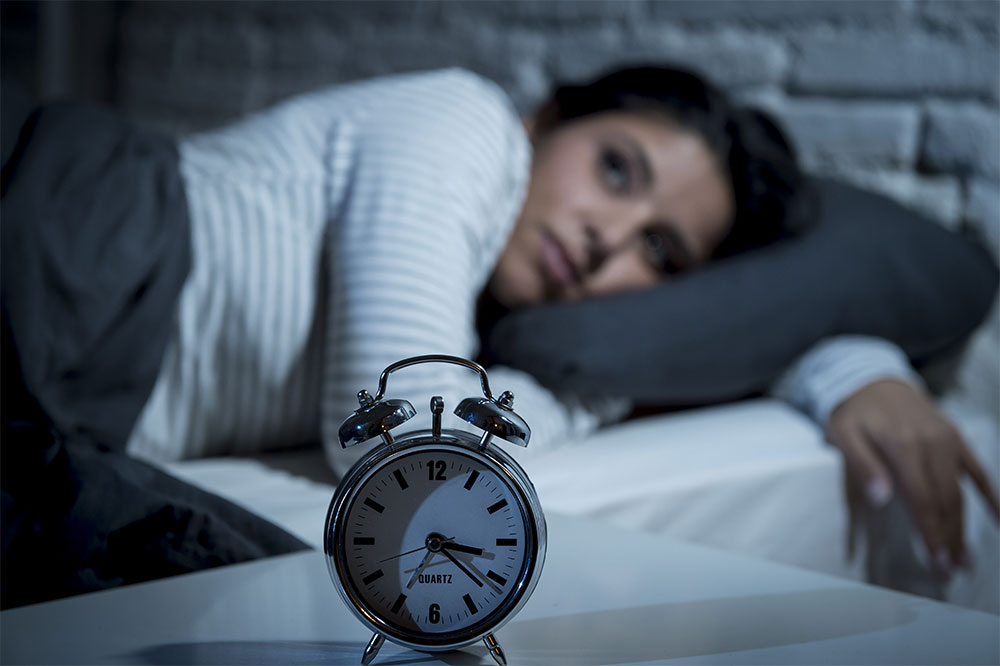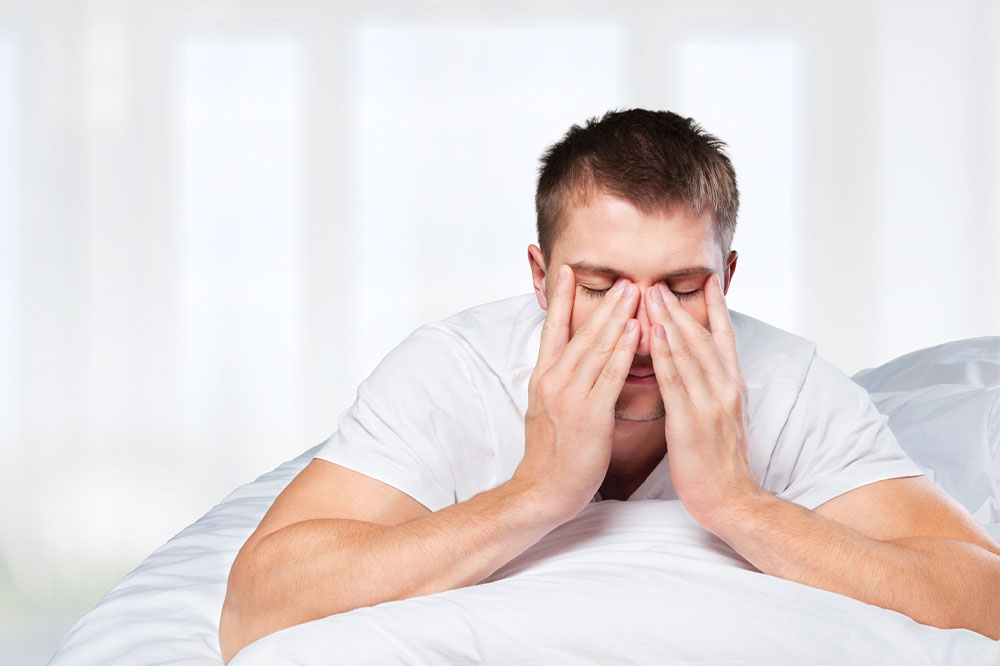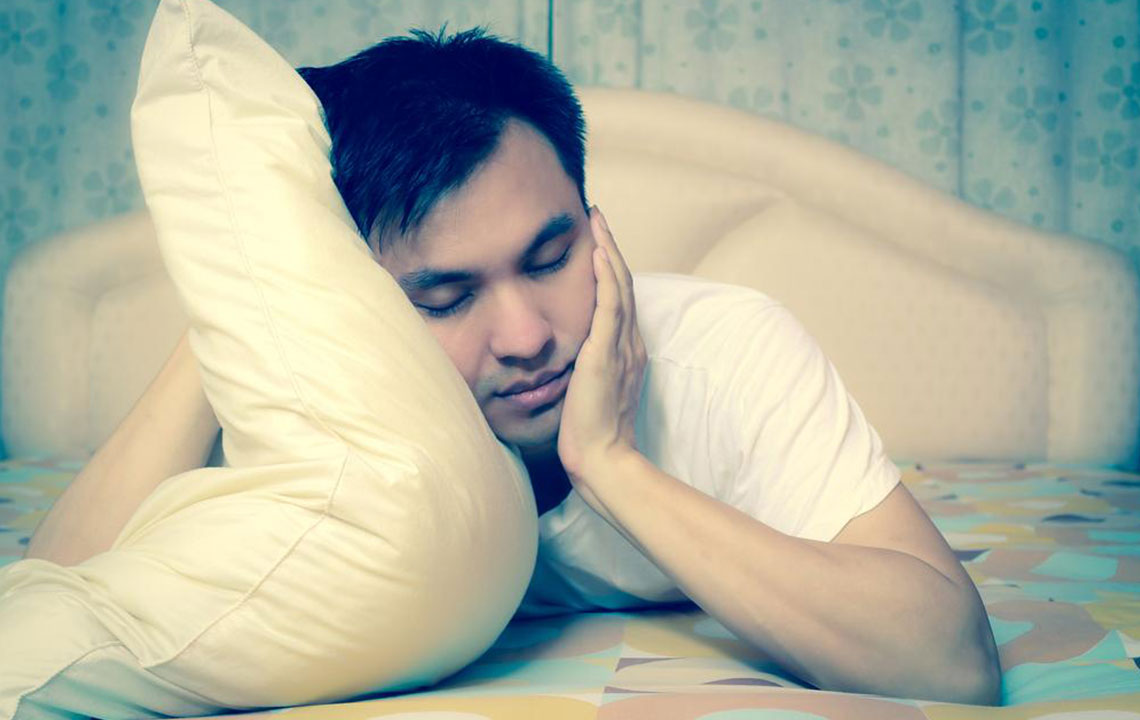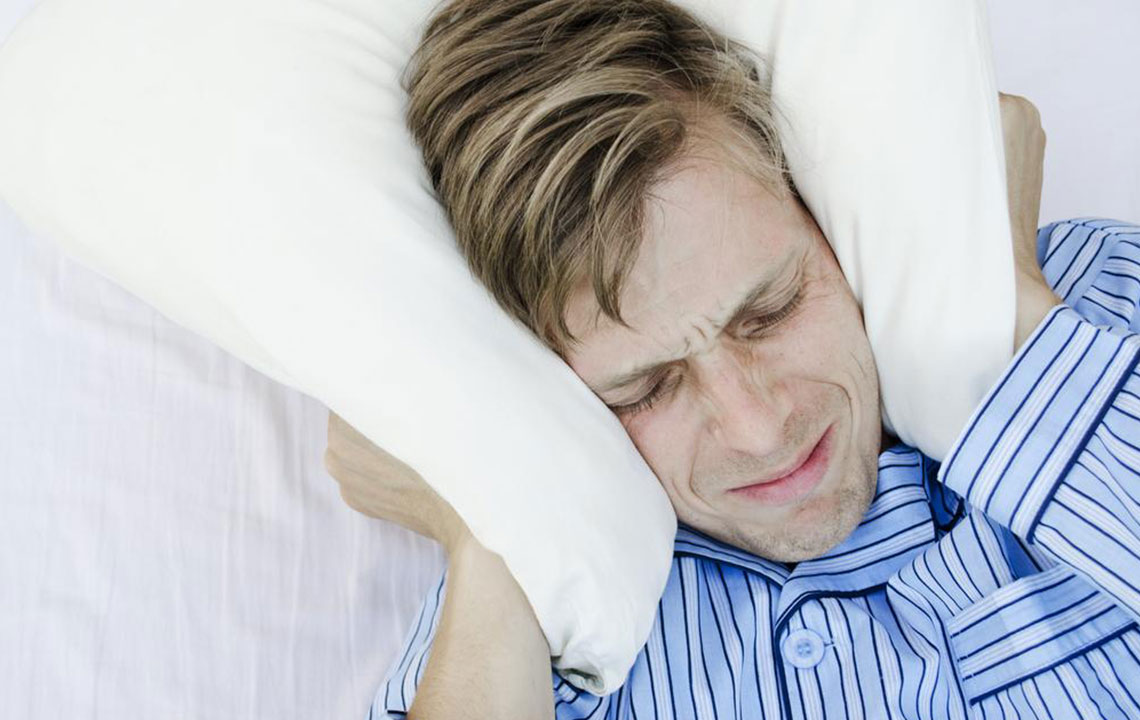Recognizing and Addressing Common Sleep Issues and Their Origins
Explore the common symptoms and causes of sleep disorders, including insomnia, sleep apnea, and restless leg syndrome. Learn how these issues impact daily life and the importance of early diagnosis and treatment for better health and well-being.
Sponsored
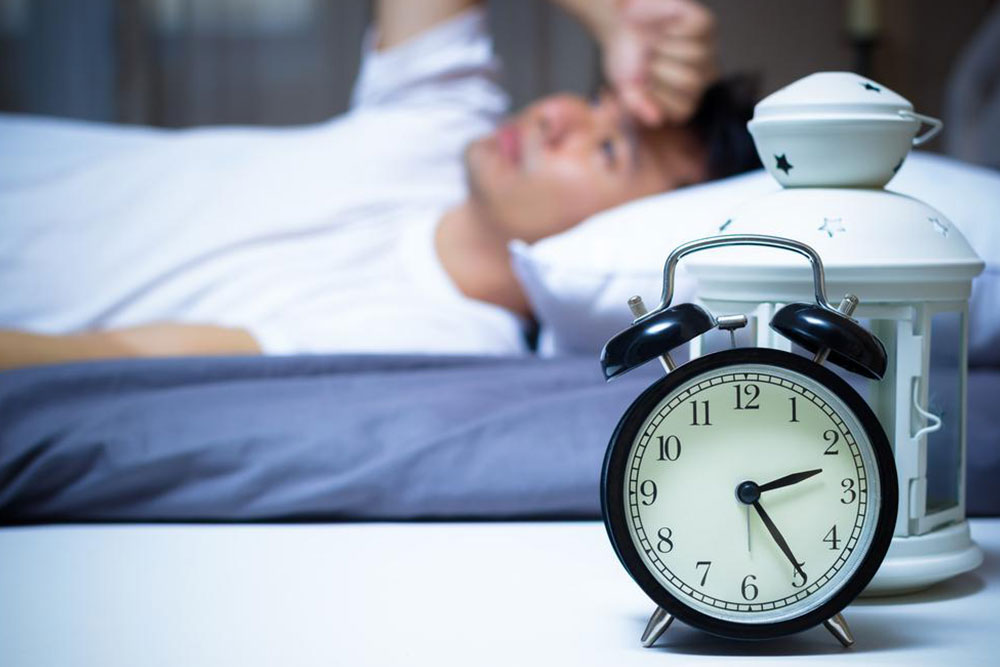
Sleep disturbances can stem from various factors, making it crucial to understand their causes. Disrupted sleep patterns can interfere with daily life and, if left untreated, may pose serious health risks.
Signs of Sleep Problems
Common indicators include:
Persistent Fatigue
Feeling exhausted even after a full night’s sleep is a key warning sign. Normally, restful sleep involves cycles of deep and light sleep, which restore energy. If you wake up feeling unrefreshed and sluggish, your sleep quality may be impaired.
Breathing Irregularities
If your partner reports loud snoring or pauses in breathing during sleep, it could signal sleep apnea, which requires medical attention due to potential health dangers.
Daytime Napping
Sudden urges to nap during daytime activities, despite adequate sleep at night, suggest underlying sleep problems. If this occurs regularly for over a month, consulting a healthcare professional is advised.
Medical Conditions
Chronic illnesses like depression, pain syndromes, or restless leg syndrome can disrupt sleep patterns. Proper diagnosis and treatment are essential for managing these issues.
Causes Leading to Sleep Disorders
Respiratory or Allergic Conditions
Upper respiratory infections, allergies, or colds can obstruct nasal airflow, causing sleep disruption.
Frequent Nighttime Urination
If you often wake to urinate, it’s called nocturia. This can be caused by urinary infections or hormonal imbalances, requiring medical evaluation.
Chronic Discomfort
Persistent pain from conditions like arthritis or migraines can interfere with falling asleep and staying asleep, possibly worsening sleep quality.
Psychological Stress and Anxiety
Stressful situations or anxiety disorders can impair sleep architecture, leading to issues like nightmares or sleepwalking.
Types of Sleep Disorders
Insomnia
Difficulty initiating or maintaining sleep, often linked to stress, hormonal issues, or other health conditions, results in decreased quality of life, irritability, and concentration problems. Chronic insomnia lasts over a month and can be episodic or transient.
Sleep Apnea
Characterized by interrupted breathing during sleep, sleep apnea can cause oxygen deprivation and frequently wakes individuals at night, requiring medical assessment.
Parasomnias
Unusual behaviors during sleep, such as sleepwalking, talking, teeth grinding, or night terrors, are classified as parasomnias.
Restless Legs Syndrome
Causing an irresistible urge to move the legs accompanied by tingling sensations, this disorder often worsens at night, affecting sleep quality.
Narcolepsy
Extreme daytime sleepiness and sudden sleep attacks, sometimes coupled with paralysis upon waking, are characteristic. Underlying neurological issues may contribute to narcolepsy.


